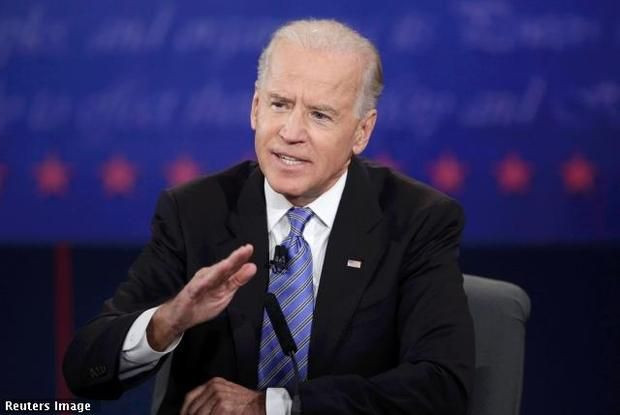US Vice President Joe Biden Due To Begin India Visit For Talks On Trade, Nuclear Deal, Security

U.S. Vice President Joe Biden will begin a four-day visit to India, on Monday, for talks on a host of issues including bilateral trade between the two countries and a civil nuclear power deal, as well as intellectual property rights and regional security.
Biden, the first U.S. vice president to visit India in three decades, will meet with Prime Minister Manmohan Singh in New Delhi, before heading to India’s financial hub, Mumbai, where he will address India’s business community on intellectual property rights, among other issues.
He is also expected to address India’s concerns about proposed immigration reforms in the U.S., which would double the cost of processing visas for India's software firms, which rely heavily on short- and long-term work visas for their employees based at client locations in the U.S.
Biden, in an interview with the Times of India ahead of the visit, said the U.S. and India currently cooperate on a wide range of economic, security and regional issues, but “we can do more to grow together.”
“For example, we can look at ways to meet India’s energy demand, both by cooperating on clean energy research and civil nuclear power,” he told the Times.
Biden also hinted at India's growing stature as a market for American companies and the expanding cooperation between the two countries when he said:
“The United States was proud that the Indian Air Force was able to use C-130J aircraft manufactured in the United States to provide relief supplies to the victims of flooding in Uttarakhand last month. And we've joined with India and other countries to counter piracy in the Gulf of Aden. India has also long been one of the world's largest providers of United Nations peacekeepers,” Biden said.
Biden said a thriving economy and a population of 1.2 billion, makes India “the economic hub of South Asia,” and a key influencer in integrating the region.
“We strongly support the role India has played in Afghanistan, leveraging its economic strength to improve Afghanistan's economy — for example, India has provided more than $2 billion in development assistance, and billions more in private sector investment in projects that will help to ensure our common goal of a stable and prosperous future for the Afghan people,” Biden said.
Speaking about India’s concerns over the immigration reform bill, Biden said the bill would nearly triple the number of H-1B visas for highly-skilled foreign workers and so it would benefit skilled Indians, who constitute almost 60 percent of H-1B visa holders.
During a visit by a high-level Indian delegation to the U.S. earlier this month, India had expressed willingness to launch negotiations with the U.S. on a bilateral investment treaty. Trade between the two countries has increased fivefold in the past decade to reach the current volume of more than $100 billion a year, with U.S. investment in India currently pegged at $25 billion.
And, India’s commerce and industry minister, Anand Sharma, said that a $500 billion annual two-way trade target was achievable “if we make a real effort.”
The U.S. runs a far higher trade deficit with China than it does with India, but India has been at the receiving end of criticism from the U.S. business community and lawmakers over certain Indian government policies, which the U.S. says are discriminatory against American businesses.
Last week, India freed up a dozen sectors to boost foreign investment, after the U.S. accused India of imposing barriers on investments in key sectors, including insurance, banking and telecommunications.
The U.S. has also raised concerns about intellectual property rights, after Swiss pharmaceutical giant Novartis AG (NYSE:NVS) lost a case in India’s Supreme Court, in April, to secure patent protection for its cancer drug, Glivec.
© Copyright IBTimes 2024. All rights reserved.




















